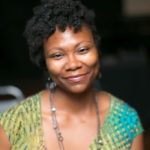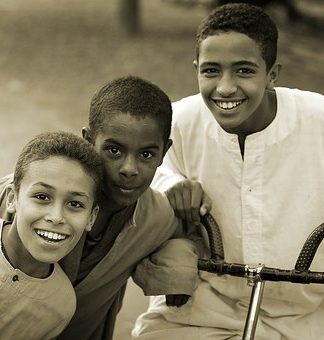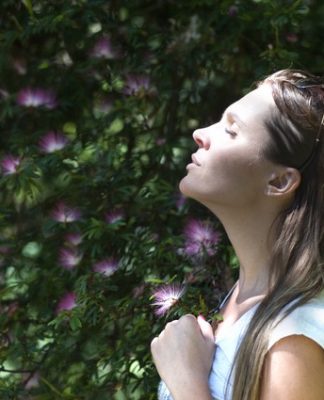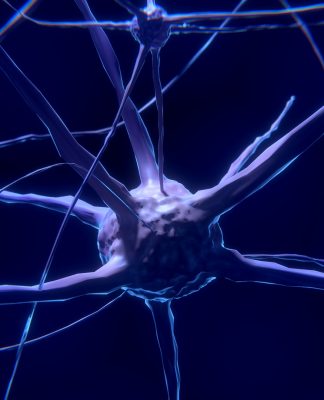“And a second is like it: You shall love your neighbor as [you do] yourself.” Leviticus 19:18, AMPC
Today this verse hit me hard. I have read and studied it before now, but in the past, I focused on the portion that talked about how I am to love others. Today, my attention was refocused on the part B of this verse: how I love myself will equal how I love others. In thinking through this a number of things came to mind:
- Will this mean it will be hard to love others that have similar flaws as I do, or will that make it easier?
- Does this mean it will be hard to give of myself and love those around me on days that I am more critical of myself?
- How do I allow what I see in the mirror affect my views of personal worth and my love of self?
- How do I allow the weaknesses that are pointed out by others affect my own views of personal worth and my love of self?
- How can I teach my children to see themselves as whole and complete despite areas of weakness when I do not see myself in that same light?
We all may in different places with each of these questions, but I did ponder them. Throughout my day. And, in the midst of this one thing kept resounding inside of me: If I truly believe that God created me in my mother’s womb and that He has a plan for me, and loves me, that he forgives my sins and seeks to dwell with me, why am I in doubt?
This does not mean that I decided to take my mistakes and throw them out of the window. I am a reflector by nature and always seek out new ways to learn and grow and become stronger in all pursuits that have been entrusted to me. But, I do think that this new perspective forces me to keep in mind that I have to keep nourishing myself if I want to keep doing well at all that I am responsible for.
This also means that I have to do something with the faults that I see! Ha! Some of them, I have learned over the last year, are what makes me an individual. For example, I am soft spoken and seek to be humble in all situations (as much as possible). While some take that as weakness, it allows me to connect with people who otherwise would not speak up or be willing to engage in relationship, and so is a God given asset for me to do those things that he has called me to do.
In other areas, this means that I have to find ways to redirect and support areas that need to be changed. While some people do not particularly care for Freudian ideas, this line of thought fits perfectly with what he proposed regarding the use of defense mechanisms. There are several, but common ones include situations where we engage in projection, or attributing our own unwanted thoughts to others. Or the use of repression when we push away unwanted thoughts on a subconscious level because it is too difficult to deal with. There are also cases when we engage in things such as reaction formation, and express an opposite emotion or feeling in the face of a situation (e.g., telling someone you are fine after losing your job instead of discussing the fear you have about the future). There are of course others. But, in each case, the goal is to protect the self from negativity, hurt, fear, worry etc. Not a bad thing. But it is the overuse of these defense mechanisms that lead to decreases in adaptive functioning. When we consider this in relation to changing weaknesses this principle can be used in positive ways: how can I rechannel the negative energy I am feeling and redirecting towards the self in healthier ways. For example, when I went through the transition of my divorce I picked up running. The push and sweat and long periods of reflection as I did so, it helped to provide an avenue to release the tension I felt and forced me to talk to God more.
And, there is a third area at this time for me. A box in which I need to place certain things into and consider letting go of. There are always habits, thoughts, patterns of behaviors that we need to let go of. If we consider the twelfth chapter of Romans, we see a similar example of the call to consider the self as we work to uplift and love others. It is not by accident that the chapter begins with the apostle Paul indicating how we need to reflect and renew our minds, then make changes in our behaviors, and then seek ways to love and uplift others. It is this process that allows us to love more fully and completely. But, it starts with the process of self-examination.
When you reflect on your own process, what areas do you need to accept?
Are there areas where you need to redirect your energy in healthier channels?
What thoughts or behaviors do you need to release?


 Tamara Reeves, Ph.D., grew up in Oklahoma City, OK, and graduated from high school from Douglass with hopes of becoming a psychologist. Dr. Reeves went on to complete her Bachelor of Arts degree at the University of Central Oklahoma in psychology and graduated Cum Laude. At UCO, Dr. Reeves applied for the Ronald McNair Scholar’s program, and was accepted into the first cohort at this institution. She completed two research projects within this program and began working for a federally funded clinical research trial during her senior year in college. In the fall of 2002, Dr. Reeves began her graduate work at the University of Memphis. She subsequently completed her master’s (May 2005) and doctoral degree (August 2008) within the clinical psychology program.
Dr. Reeves initially began her graduate work with an emphasis in child and family studies. While completing her pre-doctoral internship at the University of Texas Health Science Center at San Antonio, Dr. Reeves began working within two grant funded programs that helped develop clinical services for adults with schizophrenia and bipolar disorder. Following this year of training, Dr. Reeves moved back to Oklahoma and worked for three years within the Alcohol and Drug Abuse Prevention Office at the University of Central Oklahoma. At present, she works as a Licensed Clinical Psychologist and the owner of
Tamara Reeves, Ph.D., grew up in Oklahoma City, OK, and graduated from high school from Douglass with hopes of becoming a psychologist. Dr. Reeves went on to complete her Bachelor of Arts degree at the University of Central Oklahoma in psychology and graduated Cum Laude. At UCO, Dr. Reeves applied for the Ronald McNair Scholar’s program, and was accepted into the first cohort at this institution. She completed two research projects within this program and began working for a federally funded clinical research trial during her senior year in college. In the fall of 2002, Dr. Reeves began her graduate work at the University of Memphis. She subsequently completed her master’s (May 2005) and doctoral degree (August 2008) within the clinical psychology program.
Dr. Reeves initially began her graduate work with an emphasis in child and family studies. While completing her pre-doctoral internship at the University of Texas Health Science Center at San Antonio, Dr. Reeves began working within two grant funded programs that helped develop clinical services for adults with schizophrenia and bipolar disorder. Following this year of training, Dr. Reeves moved back to Oklahoma and worked for three years within the Alcohol and Drug Abuse Prevention Office at the University of Central Oklahoma. At present, she works as a Licensed Clinical Psychologist and the owner of 




















